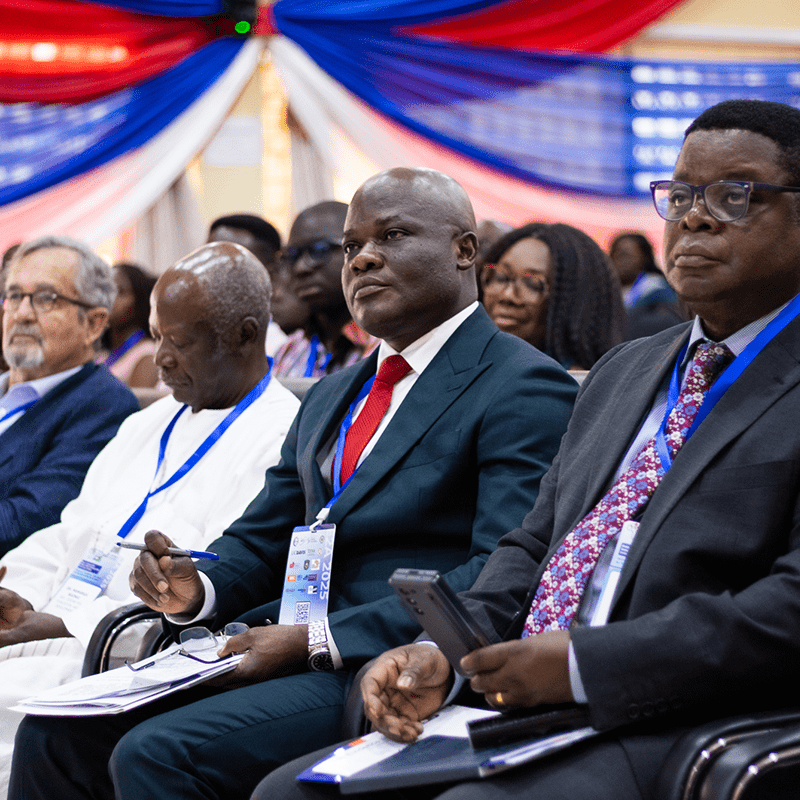
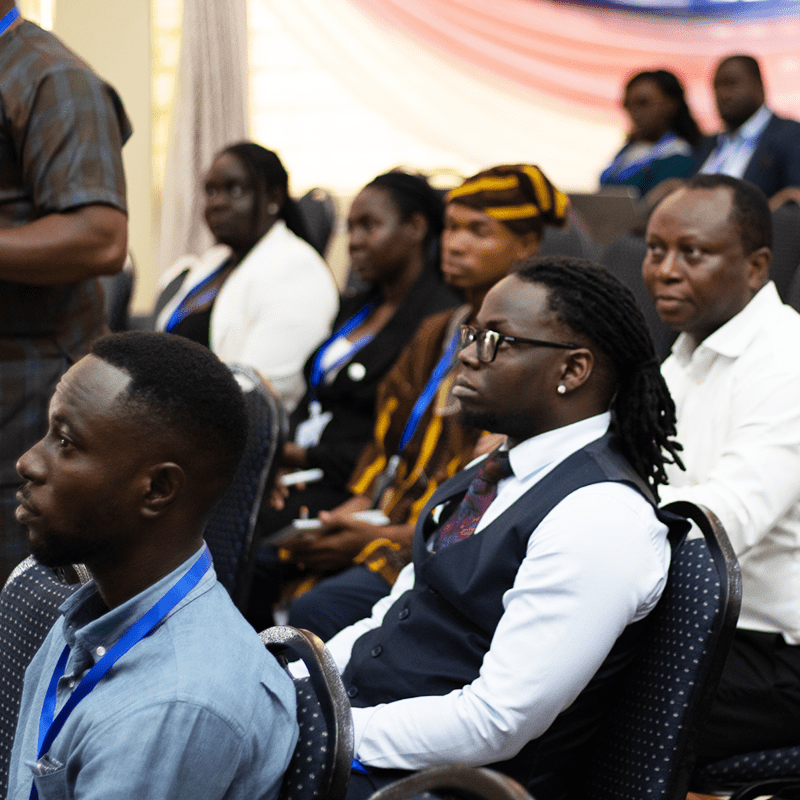
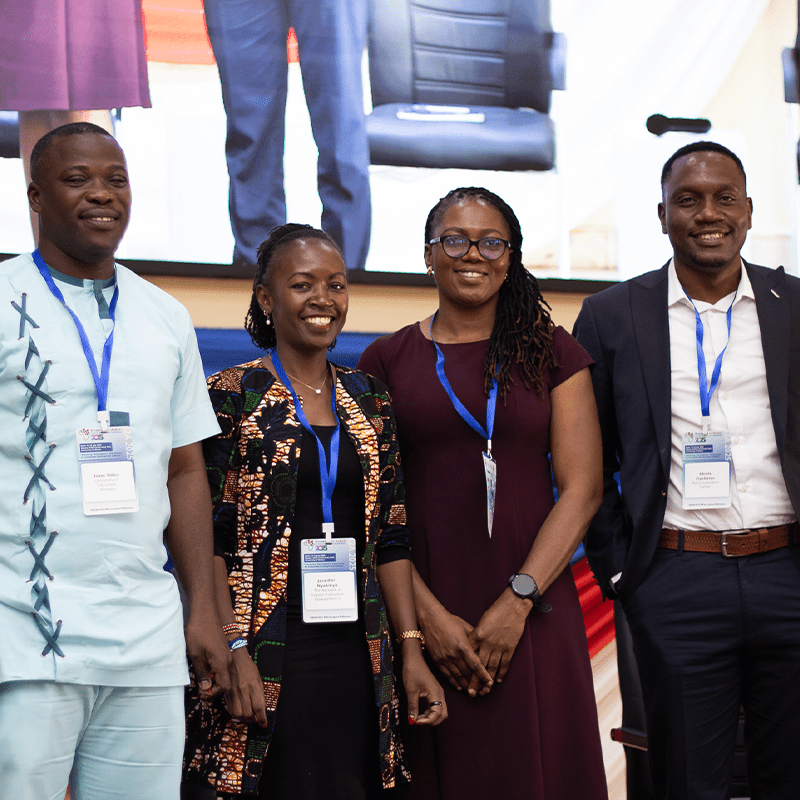
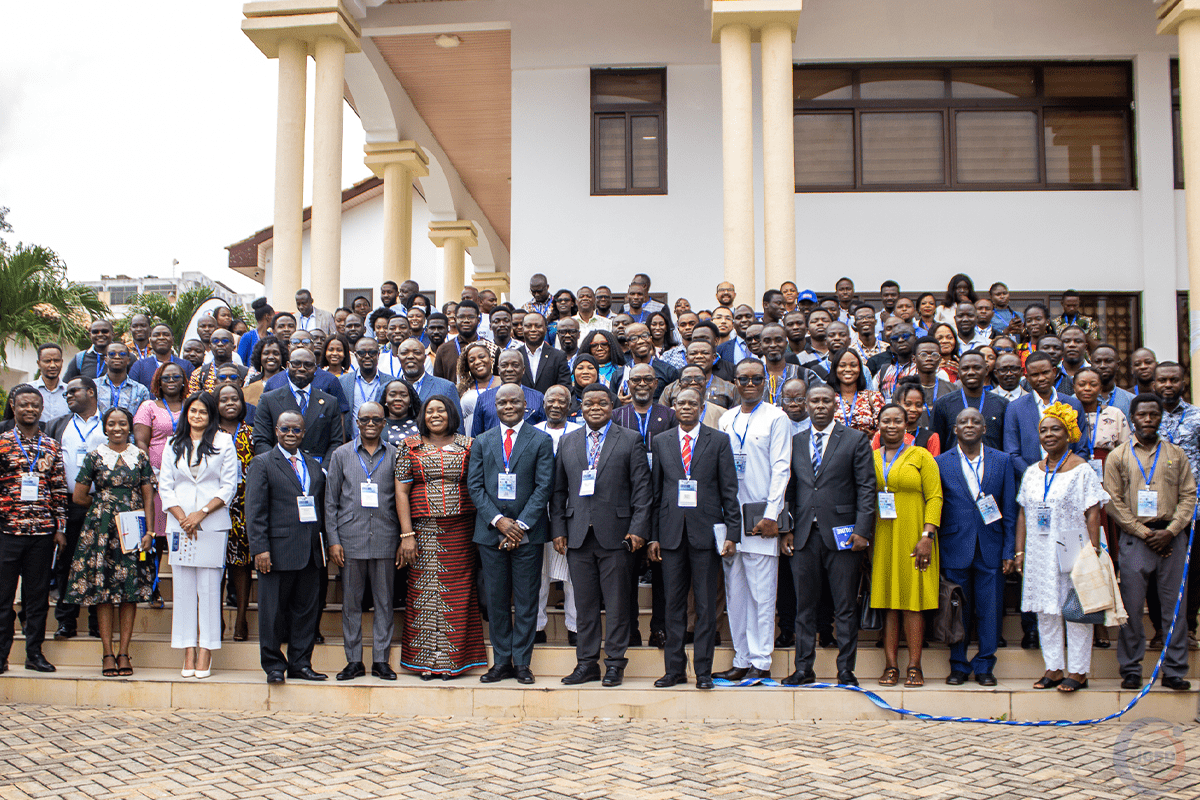
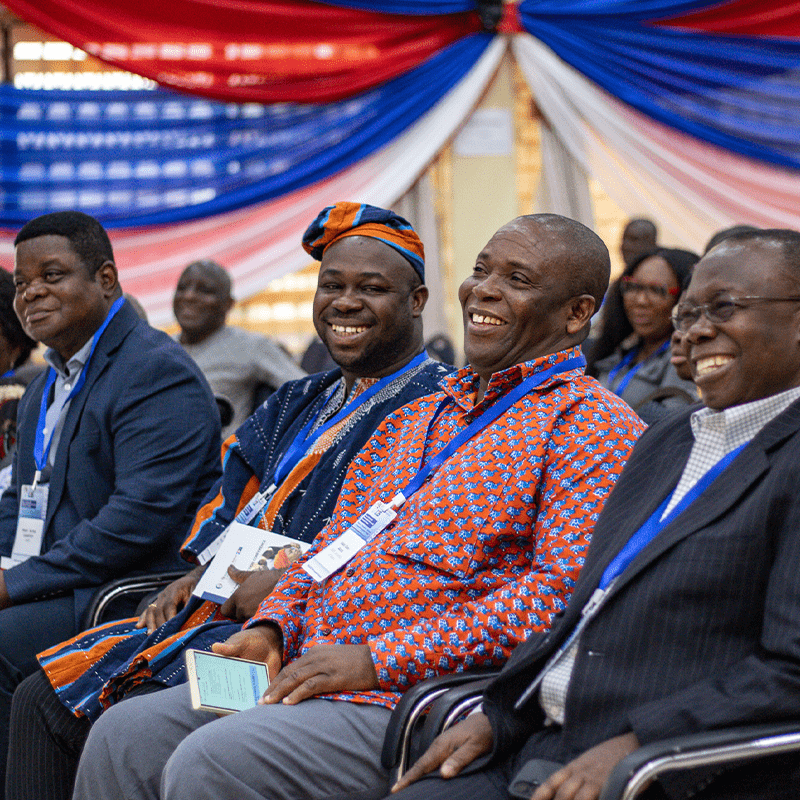
The conference will have the following specific objectives, revolving around participatory governance for sustainable development in Africa:
The E2A 2025 Conference aspires to achieve the following:
The conference will adopt a multifaceted approach to ensure participants gain maximum value from the event:
The E2A 2025 Conference is expected to attract a diverse audience, including:
This diverse assembly will foster a dynamic exchange of knowledge and ideas, ultimately advancing effective, evidence-based governance initiatives.
The E2A 2025 Conference is organized by the International Centre for Evaluation and Development (ICED) in collaboration with various Partner Organizations. The organizing committee is committed to delivering a high-impact event that advances governance effectiveness in Africa.
For further information, including details on abstract submissions, participation, registration fees, or hosting a pre-conference session/side event, please visit our website: https://www.iced-eval.org or email e2a@iced-eval.org.